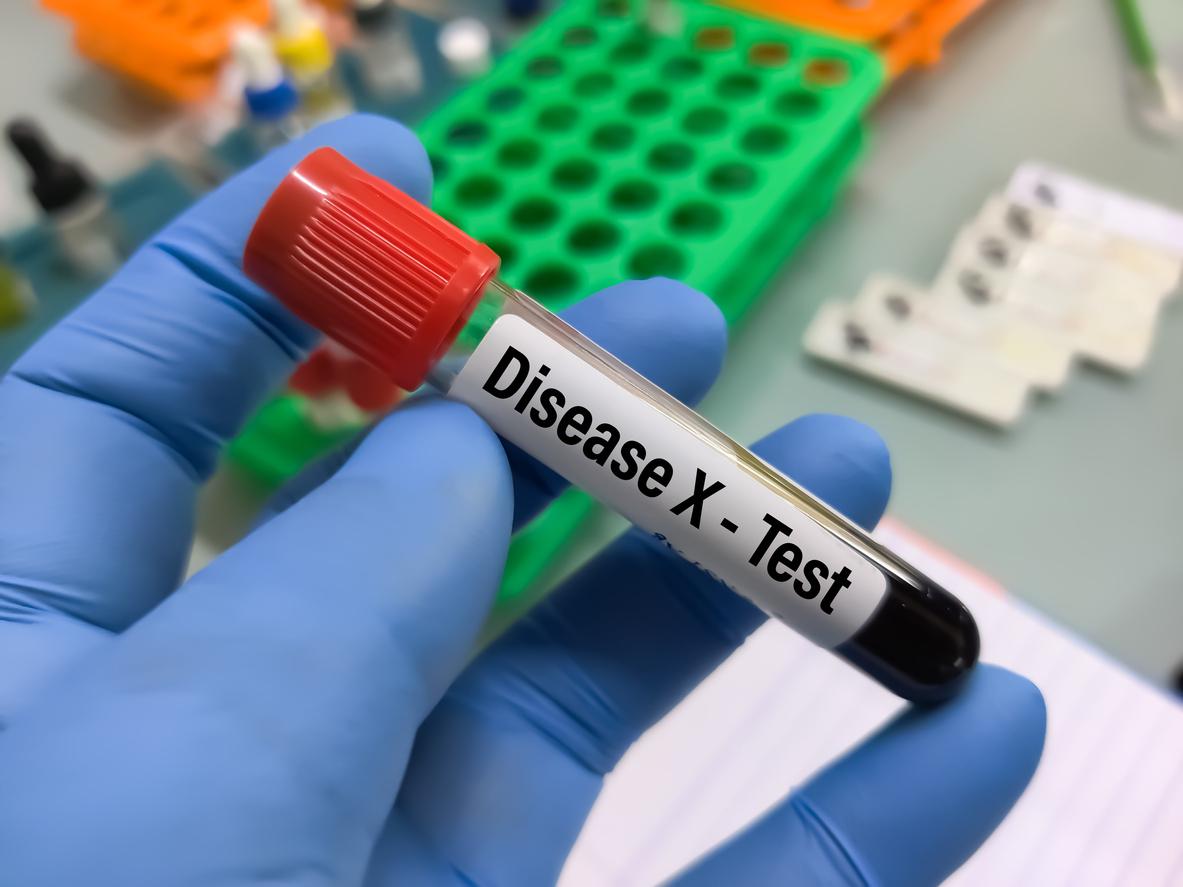Consumption of fish and seafood with high levels of mercury may be linked to a higher risk of Charcot’s diseaseor amyotrophic lateral sclerosis (ALS), according to the results of a study published in the medical journal a American study published in the medical journal American Academy of Neurology.
Although the exact cause of Charcot’s disease or amyotrophic lateral sclerosis (ALS), a neurodegenerative disease that leads to progressive paralysis of the body is unknown, some studies have suggested that mercury is a risk factor for the disease. The main source of exposure to mercury is the consumption of fish contaminated with this neurotoxic metal.
Too much exposure to mercury increases the risk of Charchot’s disease
Researchers at Dartmouth College in the United States conducted a study with 518 patients, 294 of whom were affected by the Charcot’s disease. They analyzed the type, the quantity of fish they consumed, how often while taking into account the place of supply of the products (stores or fisheries).
“For most people, eating fish is part of a healthy diet,” said study author Elijah Stommel, of Dartmouth College of the American Academy of Neurology. “But questions remain about the possible impact of mercury in fish.”
The results of the study showed that the majority of patients (61%) were among the 25% who consumed the most mercury in the past year, compared to 44% for healthy subjects.
“Participants who ate the most fish and seafood regularly doubled their risk of getting sick, compared to subjects with lower mercury levels,” concludes Elijah Stommel.
But, the authors point out that eating fish provides many health benefits. But that we must choose varieties with the lowest mercury content and avoid consuming fish caught in waters where mercury contamination is known.
Recommendations from the National Health Security Agency (ANSES)
While the National Agency for Health, Environmental and Labor Safety (ANSES) recommends eating fish twice a week, for its nutritional properties, it advises avoiding the most contaminated fish (predators) and limiting North Atlantic fish (too rich in mercury) at 150g/week for pregnant or breastfeeding women, and 60g per week for children under 30 months.
Read also:
Charcot’s disease: the software used by Stephan Hawkins available in open source
Charcot’s disease: a remote control to empower patients
How to live with Charcot’s disease?
















